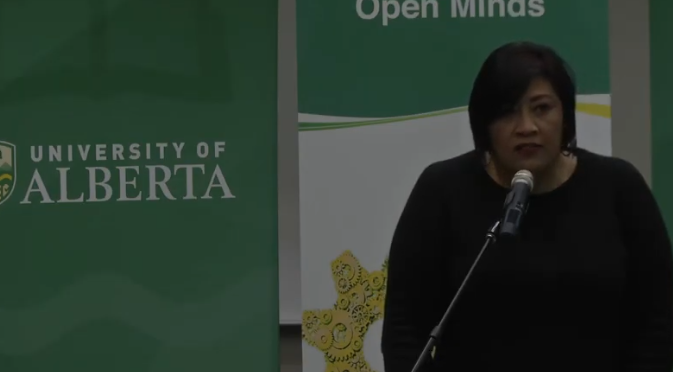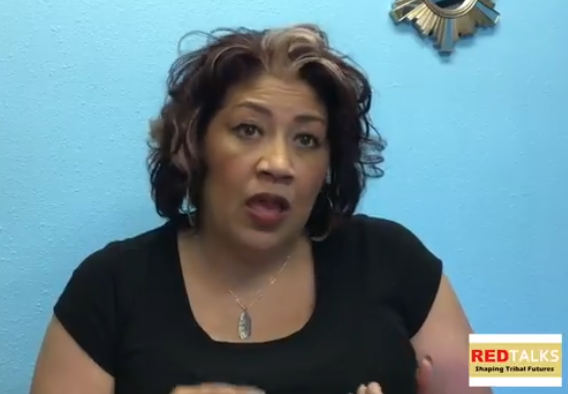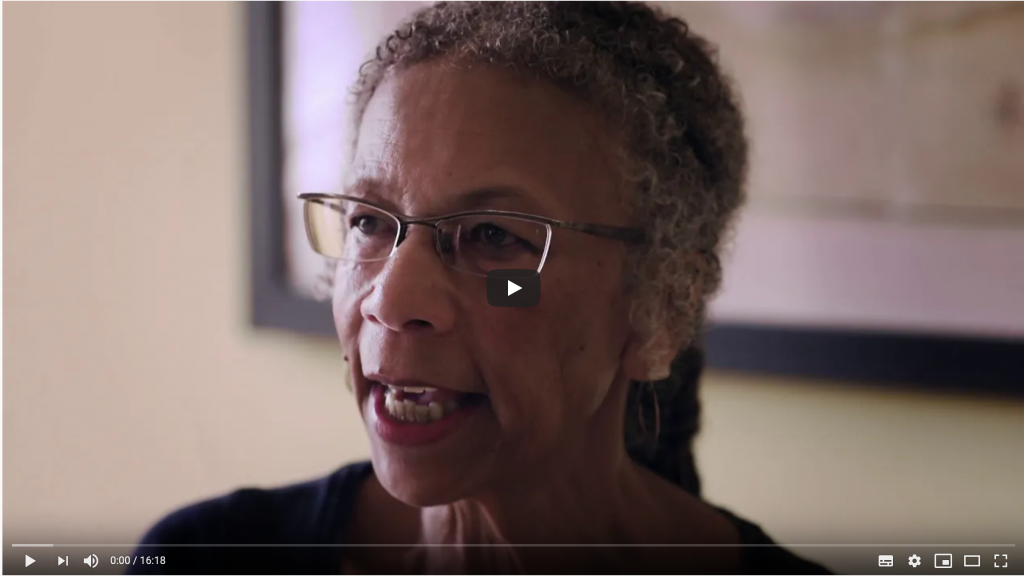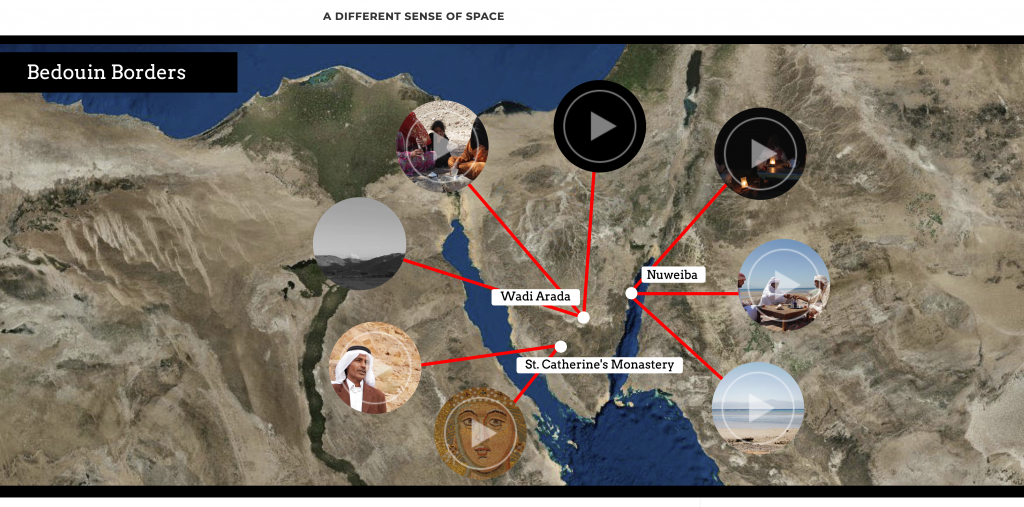GEG7120 - Geographical Thought and Practice 2023/24
| Section | Name | Description |
|---|---|---|
For help with locating books, journals and gaining access to reading lists.
|
||
| Module Outline | QMplus for Students - Information on how to use QMplus and submit assignments. |
|
| Assessment 2023/24 | Use this coversheet to attached to all written assignments. |
|
| Coursework Clinic | ||
Please find here two anonymised research proposals from previous years marked with distinction and the feedback they received for your reference. Please make sure your research proposals include every item requested in the module handbook. |
||
| Week 1 Introduction - Whose Geography? (KY) | ||
Please read and comment on this document before the class, specifically, what does deconization mean in the context of teaching and learning geographical theory and practice, and learning geographical methods. This is a working 'live' document developed by staff and postgraduate students, as a starting point for rethinking how and what geography we teach in the context of making an anti-racism classroom. |
||
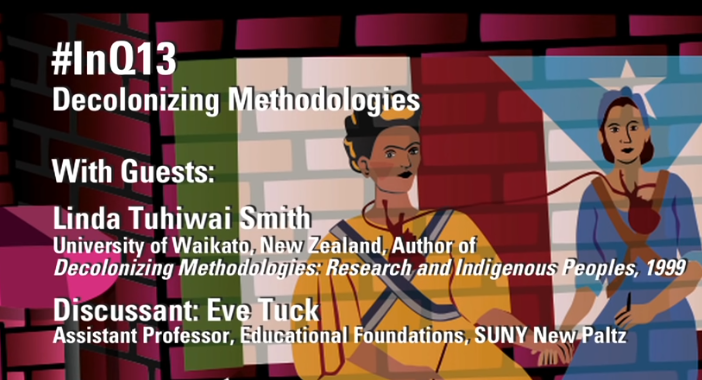 |
||
|
||
Indigenous peoples and the scientific gaze. |
||
Dr. Kim TallBear from University of Alberta and Canada Research Chair
for Indigenous Peoples, Technoscience and Environment discusses innovate
ideas to advance science and technology opportunities and careers for
Indigenous communities. |
||
Lakota historian Nick Estes on how two centuries of indigenous resistance created the movement proclaiming “Water is life.” Estes’s new book is titled Our History Is the Future. He is a co-founder of the indigenous resistance group The Red Nation and a citizen of the Lower Brule Sioux Tribe. |
||
Tuck, E., & Yang, K. W. (2012). Decolonization is not a metaphor. Decolonization: Indigeneity, Education and Society, 1(1), 1–40.
|
||
 |
||
This is a timeline that might be used to represent the development of key geographical thinkers and the shape of the discipline over the last 100 years. What do you notice about this timeline? Who does it represent? What geographies are missing from this understanding of geographical history? What is the identity of the geographers represented? |
||
| Week 2 Situated knowledges: where does knowledge come from and who makes it? (KY) | The recorded lecture covers some of the 'history' of space in the discipline and how spatial theories can help us understand how a sense of space differs across the world. |
|
Geographer Doreen Massey wants us to rethink our assumptions about space. In this episode of the Social Science Bites podcast she explains why. Social Science Bites is made in association with SAGE.
Click HERE to download a PDF transcript of this conversation. To directly download this podcast, right click HERE and “Save Link As.” 18 mins https://www.socialsciencespace.com/2013/02/podcastdoreen-massey-on-space/ |
||
In this short video
(approx. 5 mins) Doreen Massey discusses how space takes a stroll through time. |
||
An Antipode Foundation
film Dir Kenton Card (16 mins) Creative Commons Licence |
||
The European Prize for Urban Public Space’ is a biennial prize organised
by seven European cultural institutions designed to showcase projects and current thinking
around public space. |
||
A series of 8 films made by Jessica Jacobs in collaboration with Vitor Hugo Costa (Lisbon) and members of different Bedouin communities in the Sinai, Egypt (crafted maps to follow) |
||
The Decolonial Atlas is an online collection of maps that aim to help challenge our relationships with the land, people, and state. It’s based on the premise that the orientation of a map, its projection, the presence of political borders, which features are included or excluded, and the language used to label a map are all subject to the positionality of the map-maker. Because decolonization is a process of unlearning maps we are given and involves the reconfiguration of space, the decolonial atlas volunteers are especially committed to the use of indigenous language revitalization through toponymy – the use of place names. Their original content is offered for free through the Decolonial Media License 0.1. |
||
Khalili, Laleh. 2012. “Introduction” in Time in the Shadows: Confinement in Counterinsurgencies. Stanford University Press, 1 – 10. |
||
Davis, Angela. 2003. “The Prison Industrial Complex” in Are Prisons Obsolete, New York: Seven Stories Press, 84 – 104. |
||
Alves, Jaime Amparo. 2001. “From Necropolis to Blackpolis: Necropolitical Governance and Black Spatial Praxis in Sao Paulo, Brazil” Antipode, 46:2, 323- 339. |
||
| Week 3 Knowledge and disciplines: how different disciplines (inc geography) address the world (KY) | ||
| Week 4: Marxism and Geography (SH) | ||
| Week 5: Decolonizing Knowledge (AD) | ||
Forensic Architecture is a research agency, based at Goldsmiths, University of London, investigating human rights violations including violence committed by states, police forces, militaries, and corporations. FA works in partnership with institutions across civil society, from grassroots activists, to legal teams, to international NGOs and media organisations, to carry out investigations with and on behalf of communities and individuals affected by conflict, police brutality, border regimes and environmental violence. Their investigations employ cutting-edge techniques in spatial and architectural analysis, open source investigation, digital modelling, and immersive technologies, as well as documentary research, situated interviews, and academic collaboration. Watch the video and read through the materials on this page. What kinds of anticolonial or decolonizing spatial strategies are being deployed by Forensic Architecture? What geographical methods are used? What kinds of geographical imaginaries do they put in the foreground? How do they present their collaborations, and what are the outputs of their research practices? |
||
This video introduces the archiving project of the Royal Geographical Society. Watch this video in advance. We will discuss the nature of this archive, and the project, and what kinds of perspectives a de/post/anticolonial might add. |
||
| Coursework Forum | As discussed in our last session, please find here two anonymised essays from previous years marked with distinction and the feedback they received. These two pieces show that there is not a single way or a prescribe form to address the essay. What is key is that you show a good understanding of the theory/theories you discuss in order to frame your research issue as a problem of geographical knowledge. |
|
| Week 6 Applying Critical frameworks (JE) | ||
| Week 8 Developing a research project and planning your dissertation (bridging session) (NR) | ||
| Week 9 Spatial politics of research and why methods matter (SH) | ||
| Week 10: Putting theory and practice together (JE) | ||
| Week 11 Research Impact (AB) | ||
| Week 12: Developing your research project; support with assessment (CN) | ||
| SOME BASIC REMINDERS OF RESEARCH TERMINOLOGY COVERED IN WEEKS 1-6 | ||
| Readings on ontology/epistemology | Please note links to pdf files will only work on campus |
|
Please note links to pdf files will only work on campus |
||
Please note links to pdf files will only work on campus |
||
Wills, J. Engaging in R. Lee et al (eds) Sage Handbook of Progress in Human Geography, 2014, 367-84. accessible via this link: http://content.talisaspire.com/qmul/bundles/57e51b904469ee177c8b4572 |
||
Harney, L. McCurry, J. Scott, J. and Wills, J. (2016) Developing 'process pragmatism' to underpin engaged research in Human Geography. Progress in Human Geography, 40, 3, 316-333. Available here: http://content.talisaspire.com/qmul/bundles/57e519e14469ee177c8b4568 |
||
Article/section: Introducing Students to the Generic Terminology of Social Research By: Grix, J. From: Politics v. 22 (3) ISSN(s): 0263-3957/1467-9256. http://content.talisaspire.com/qmul/bundles/57e519154469eed74e8b458d |
||
History of Geography |
||
chapters 1 and 2 |
||
useful paper on new materialism |
||
this is a very useful paper summarising the insights of ANT - by annemarie mol http://content.talisaspire.com/qmul/bundles/5818a1cc4469ee98578b456d |
||
| Semester B Week 9: Researching with Archives (MO) | ||
| Generated by Assessment Information block | ||
| Where Do I Get Help? | QMplus for Students - Information on how to use QMplus and submit assignments. |
|
This is a section for students on accessing and using software for
learning (e.g. QMPlus, Blackboard Collaborate, Microsoft Teams). |
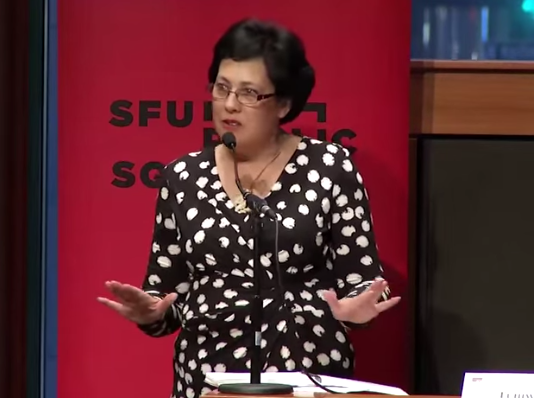 Professor Linda Tuhiwai Smith shares insights into
indigenous knowledge, language revitalization, decolonizing research
practices, and how to "make knowledge live.”
Professor Linda Tuhiwai Smith shares insights into
indigenous knowledge, language revitalization, decolonizing research
practices, and how to "make knowledge live.”